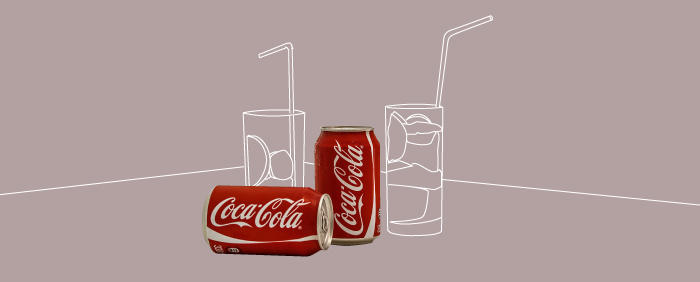Coca-Cola’s recipe is one of the best kept trade secrets in the world. Developed by a pharmacist, it has been closely guarded and known to only a few privileged employees for more than 100 years. Coca-Cola built a successful global brand on it, and competitors have fiercely hunted it.
It is amazing to think that the company, to this day, has chosen not to patent its iconic formula. But the world is changing and the soft drink market today is a completely different beast to the one it was at the dawn of the 19th century.
Today it is reported that the carbonated soft drinks (CSD) market is valued to be worth more than £4.4bn by Coca-Cola European Partners Senior Trade Communications Manager, Amy Burgess. Rapid growth in technological capability has played a huge part in this transformation.
What would have taken pharmacist, John Pemberton years to formulise his original recipe for Coca-Cola in 1885 – today could now be done by a machine learning algorithm in the fraction of the time!
Across industries, in 2018, it was reported that a group of IBM researchers and skilled perfumers at Symrise, a global producer of flavours and fragrances, got together to explore how AI could craft a successful fragrance. Previously, this would have taken master perfumer years of experience to develop.
The result was an AI product composition system that used advanced machine learning algorithms to sift through hundreds of thousands of formulas and raw materials to help perfumers identify patterns and novel combinations. It is capable of exploring the entire landscape of fragrance combinations and detects gaps in the market for which new fragrances can be designed. Could this be reversed engineered to correctly identify formulas from samples?
Final thoughts
With the advent of machine learning and other artificial intelligence (AI) techniques and the increase in accessibility to these technologies, it begs the question…
If John Pemberton created his beverage today would it still have been the right decision not to patent the formula?
The rise of this technology is changing the way companies need to view their patent and IP strategies – are businesses that are rich in trade secrets or non-patent intellectual property at risk of being disrupted by the machine?
In the face of changing and uncertain customer needs, technology capabilities, emerging business models and competitive landscapes, we help established companies to innovate proactively and strategically. To find out more, get in touch.

